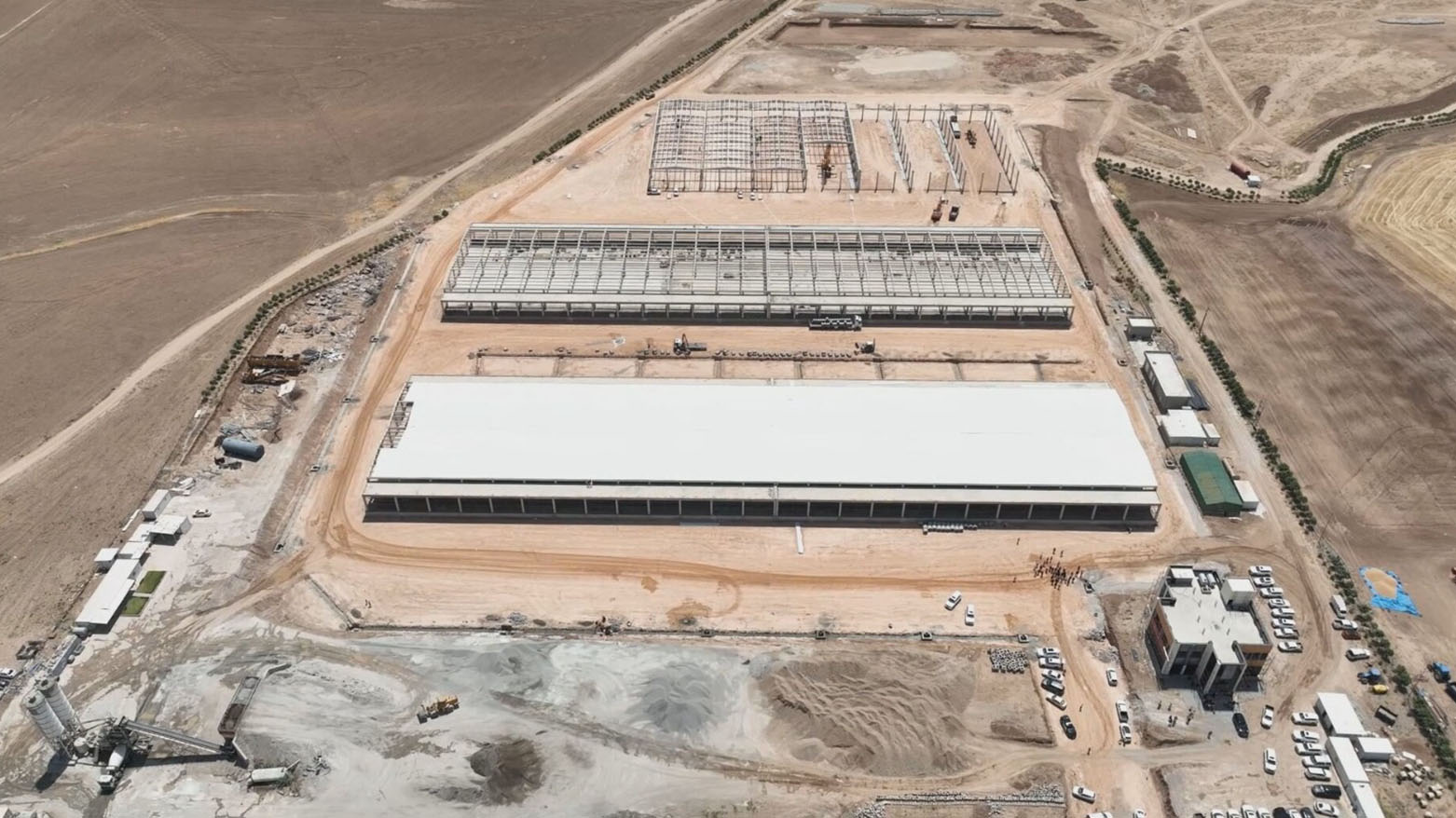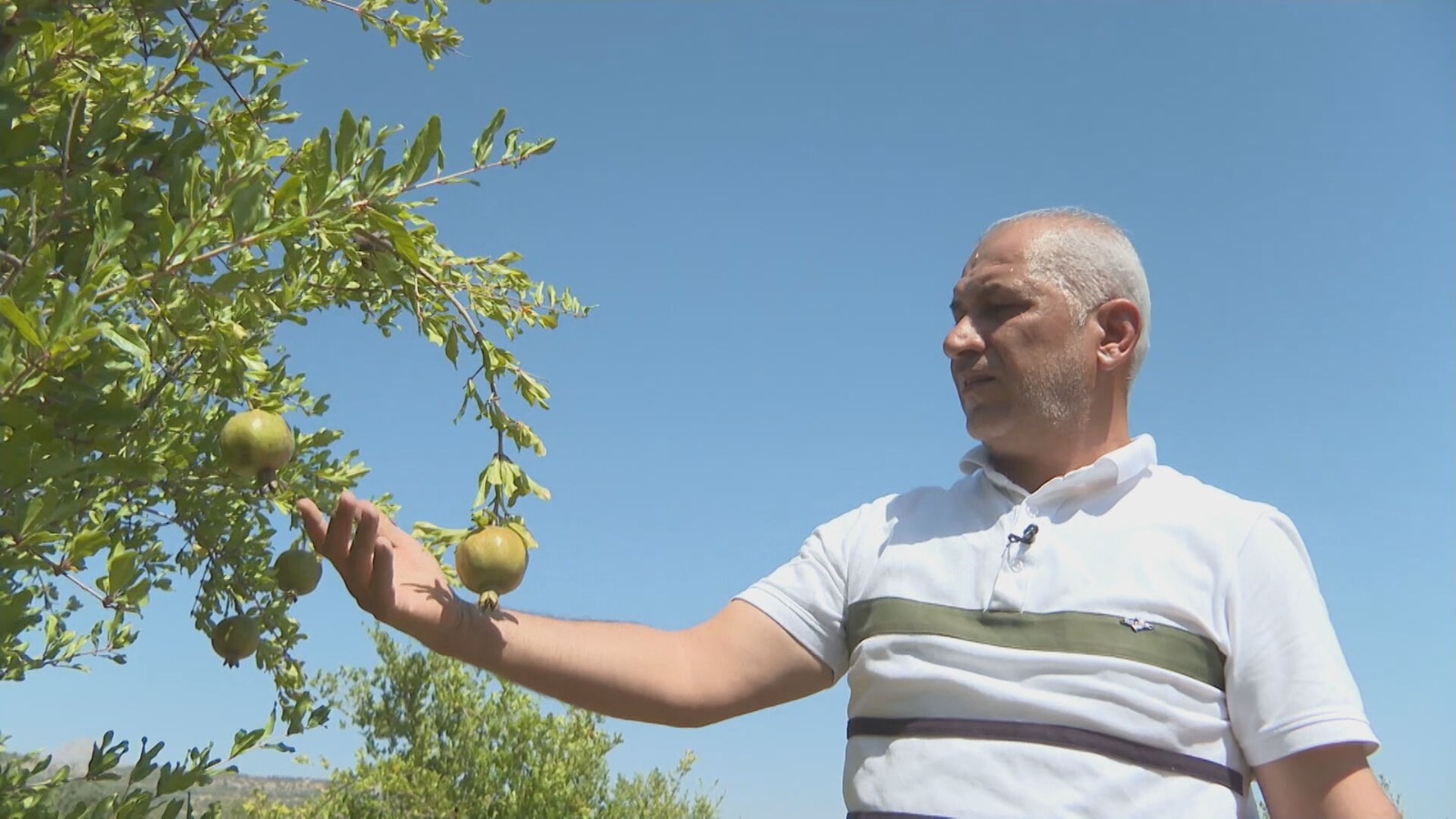Duhok Advances Agricultural Development with Two New Fruit Processing Plants
The KRG boosts Duhok's agriculture with two new fruit processing plants, empowering farmers through infrastructure and market protection policies. This public-private push enhances local production chains and economic resilience in the region's growing agricultural sector.

ERBIL (Kurdistan24) – As part of its broader strategy to revitalize the agricultural sector, the Kurdistan Regional Government (KRG) has launched new measures in Duhok Province, including the construction of two fruit processing plants aimed at strengthening local production chains and enhancing economic opportunities for farmers.
In recent years, agricultural activity in Duhok has seen significant growth, particularly in border regions such as the Qadish complex in Amedi district. Local farmers are cultivating a wide variety of crops, driven by increasing opportunities for distribution and marketing.
Farmers Seek Infrastructure to Support Growing Yields
Nazar Saeed, a fruit farmer from Qadish, told Kurdistan24 that marketing support has been a key incentive for expanding his operations.
“I have 600 apple trees, 400 grapevines, and 40 pomegranate trees, producing substantial quantities of local fruit,” Saeed said. “We are calling on the government to establish processing facilities so that farmers like us can make the most of our agricultural products.”
Delir Islam, another farmer in the area, echoed the need for local infrastructure. “If a nearby plant is built, all farmers will benefit—not just for grapes, but for various other crops as well,” he explained.

Strategic Expansion with Two New Facilities
The KRG is currently constructing two fruit intake and processing plants: one in Mangesh subdistrict and another in Simele district. These facilities will receive seasonal produce from local farmers and transform it into natural juice products.
Ahmad Jameel, Director General of Agriculture in Duhok, highlighted the strategic value of these developments in an interview with Kurdistan24.
“One of the most effective steps taken by the Kurdistan Regional Government is involving the private sector in supporting agriculture,” Jameel stated. “As a result, a new factory in Mangesh is now ready to process grapes, while the Simele facility is 85% complete and set to begin operations this summer.”
Local Production Bolstered by Policy and Trade
Jameel emphasized that the KRG’s policies aim to increase local agricultural output and deliver greater returns to farmers. Among these measures is a seasonal ban on importing crops that are already produced within the Region—a policy designed to protect local markets and boost domestic productivity.
These latest initiatives are part of a long-term vision to enhance agricultural self-sufficiency in Duhok and empower farmers through infrastructure, sustainable markets, and public-private collaboration.
Last year, Duhok exported over 250,000 tons of agricultural products to central and southern Iraqi provinces. In the current year, more than 81,000 tons have already been shipped—a clear indicator of the sector’s expanding momentum.
By aligning logistical infrastructure with policy support and private sector investment, the KRG continues to reinforce the agricultural foundations of Duhok, ensuring that the province’s natural abundance translates into economic resilience and prosperity for its farming communities.